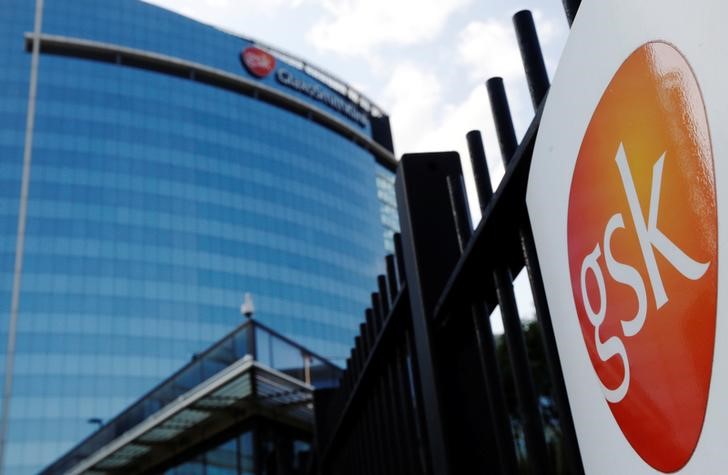This post was originally published on this site
https://i-invdn-com.investing.com/trkd-images/LYNXNPEH5D0HC_L.jpg
Boston-based iTeos, whose shares jumped 52% in premarket trading, will receive a $625 million upfront payment and is eligible to get up to $1.45 billion more if the programme meets certain development and commercial milestones.
GlaxoSmithKline is under pressure to shore up its drug pipeline after a report that U.S. activist investor Elliott built up a significant stake in the company. The British drugmaker is also preparing to outline plans to split its consumer products business from its drug operations.
The iTeos deal is to develop EOS-448, a monoclonal antibody that acts as an anti-TIGIT agent, which showed promise in early studies.
Anti-TIGIT treatments are new experimental immunotherapies against certain cancer types. These treatments, including Roche’s tiragolumab and Merck & Co vibostolimab, are designed to deactivate a tumour’s ability to evade the immune system.
GSK’s chief scientific officer Hal Barron, said immuno-oncology had “transformed cancer care” but that less than 30% of patients respond to treatment with the current leading immune checkpoint inhibitors.
The deal with iTeos will make GSK the only company with antibodies targeting the three known checkpoints, which sometimes keep the immune system from fighting cancer cells, GSK said.
EOS-448 is currently being tested in an early-stage study in patients with advanced solid tumours. GSK and iTeos plan to start combination studies of EOS-448 with GSK’s recently approved cancer drug dostarlimab in 2022.
ITeos is eligible to get milestones and royalty payments on sales outside the United States, and the two companies will share both costs of the development and profits in the United States.

